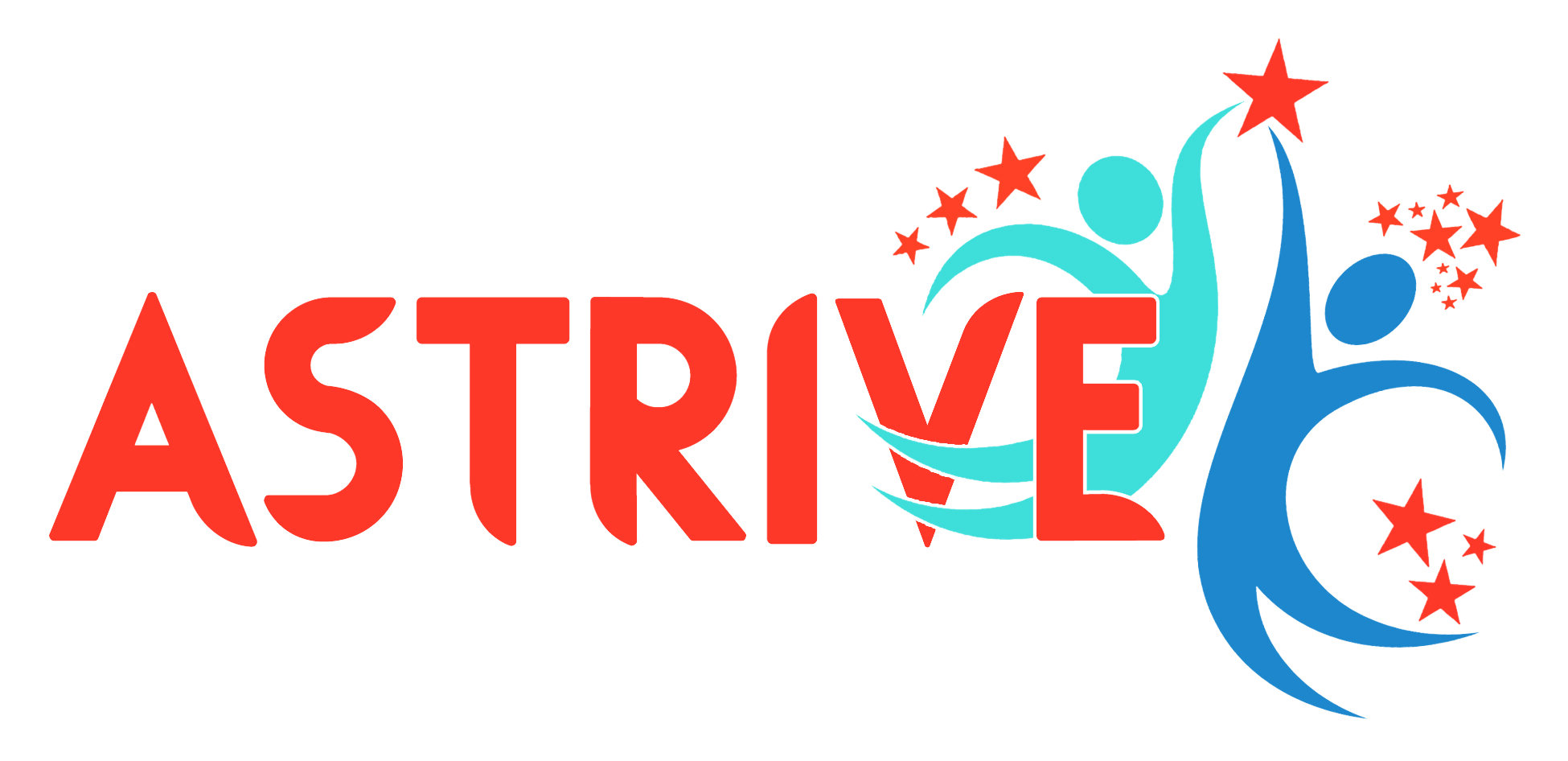Preventing & Addressing Abuse & Neglect
Recognize the signs of abuse and neglect, strategies for prevention, and how to document and report situations
Understand the prevalence of abuse and neglect of children and adults with intellectual and developmental disabilities, why it so much higher than other populations, how to preventing, identifying, and reporting can be complicated
Understand what is needed to ensure successful reporting of abuse and neglect incidents by people with disabilities or their families and what tools may exist to identify potentially dangerous situations
Review concerns about interviewing and investigating children and adults with intellectual and developmental disabilities when it comes to understanding and communicating facts
Access to Appropriate Healthcare
Provide awareness and understanding of health-related needs of individuals with disabilities
Discuss the importance of the development of accessible health promotion programs and educational materials for people with disabilities and healthcare professionals.
Improve access to appropriate educational materials and opportunities for people with developmental disabilities on topics related to emergency preparedness and disaster response.
Understand how to reduce the occurrence of secondary conditions due to poor nutrition and lack of physical activity
Understanding what programs and services need to have Health and Wellness goals in their formal “plans” including IEPs and IPPs
